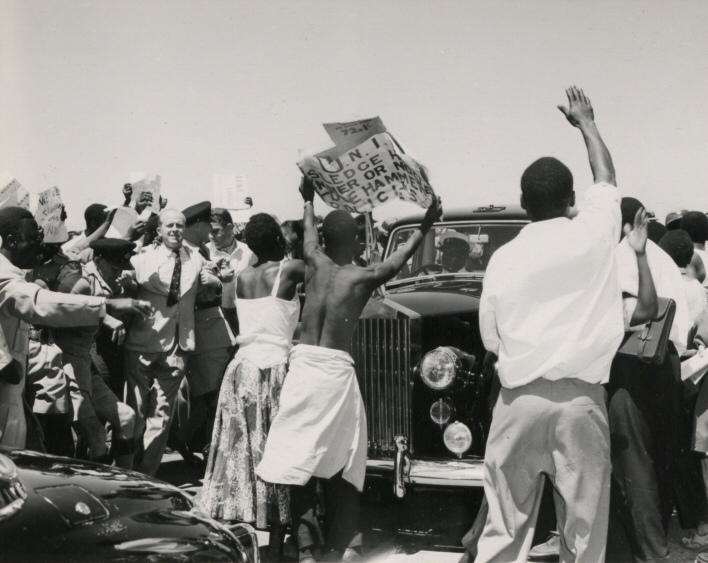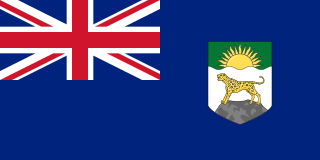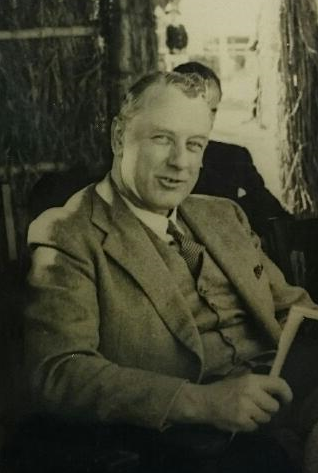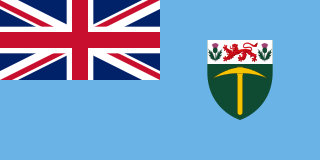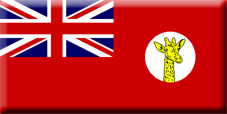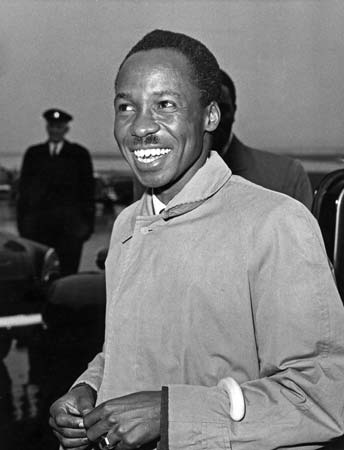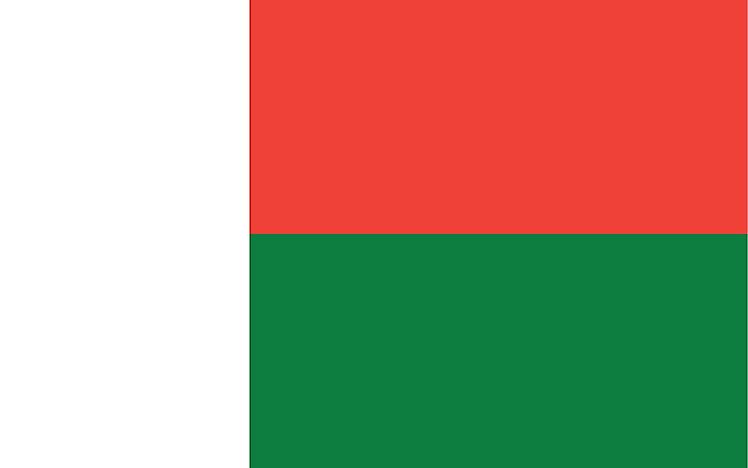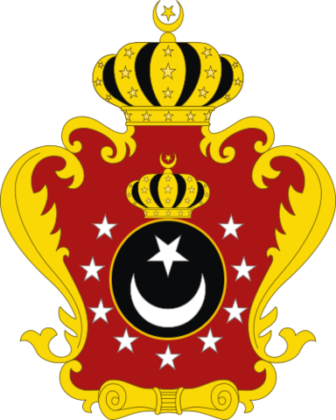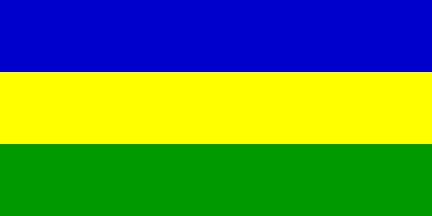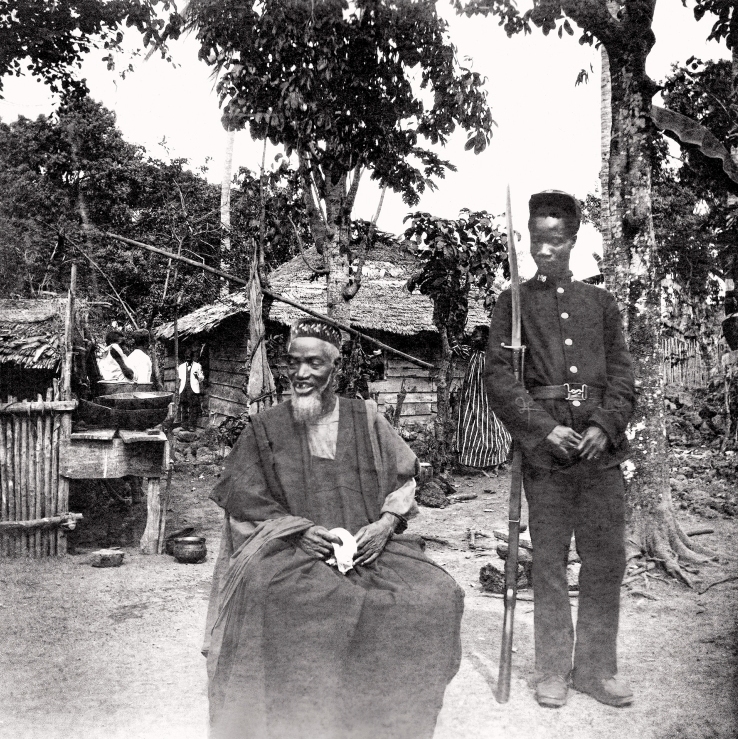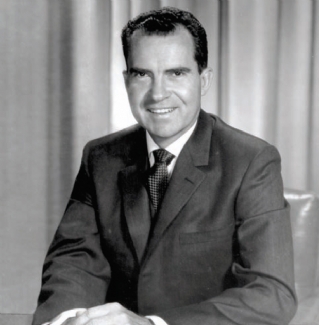- Location
- New York
Winds of Change
An African Decolonization Adventure

An Introduction to African Etiquette:An African Decolonization Adventure

1. Please refrain from To:/From: diplomacy. Even if it is a simple letter, it always better than lazy filler.
2. Respect the rules of SV. If you do not know them, then look no further. This game contains subjects of tender context. Be mindful of what you do.
3. This game is run by GM fiat. You can contest something, but odds are it probably won't be changed.
4. This game runs on memes.
5. Enjoy yourselves. Be salty if you want, but at least the rest of us will enjoy the show.
Player List:
Independent Nations
Republic of Liberia: Closed
United Arab Republic: @EmperorCasey
Union of South Africa: @Traveller76
United Arab Republic of Libya: @Orwelans III
Republic of the Sudan: @Dadarian
United Arab Republic of Tunisia: @Terrafirma
Kingdom of Morocco: @SteelWriter77
Republic of Ghana: @baboushreturns
Federation of Ethiopia and Eritrea: @Bismarck
Empire of Zaire: @RobespierreLives
Republic of Sierra Leone: Closed
Federation of Nigeria: @DanBaque
Republic of Tanganyika: @Carol
Somalian Republic: @Noco
Republic of Madagascar: Closed
Republic of Djibouti: @Duzzit
People's Republic of Zanzibar and Pemba: Closed
Republic of Algeria: @Arrow
Republic of Biafra: @naxhi24
People's Republic of Angola: @mcclay
People's Republic of Mozambique: Closed
Central African Federation: @Comrade Jeff
Republic of Kenya: Closed
Republic of Uganda: Closed
Union of Central African Republics: Closed
Kingdom of Saudi Arabia: @Fingon888
Iraqi Republic: @HumanityDark
State of Israel: @Sealy
European Colonies
French West Africa: @MaHaL
Link to the OOC thread
Africa in 1960

Africa in 1960

Last edited:
